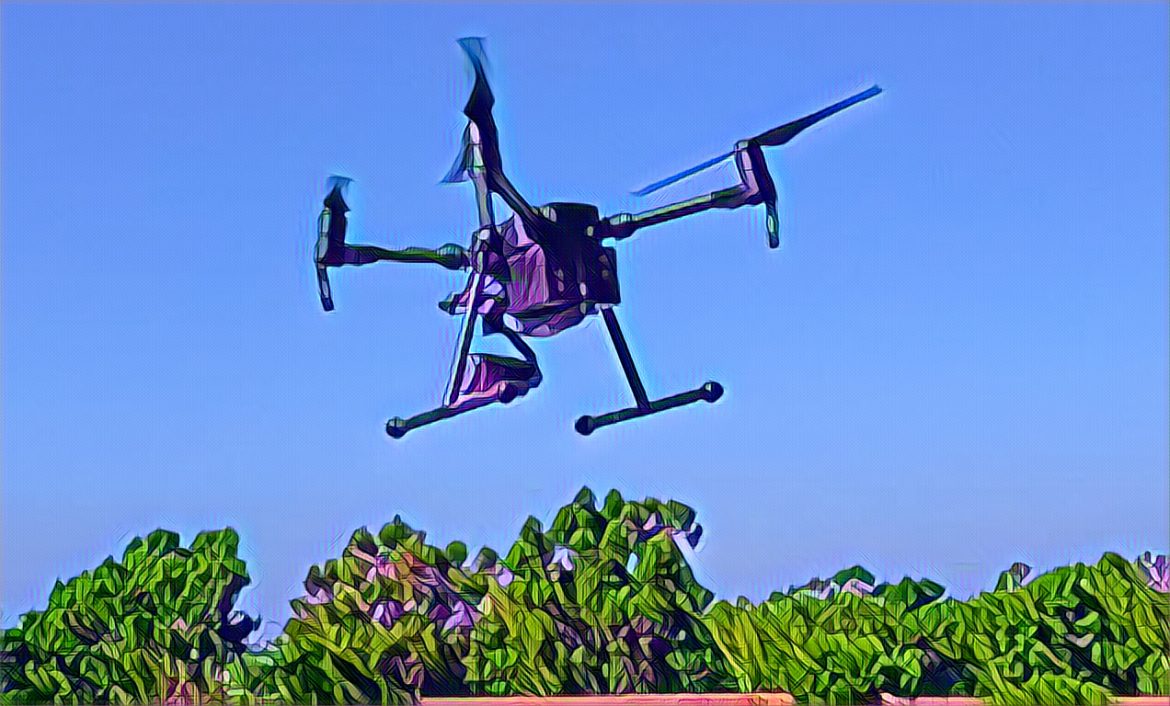The Electoral Commission (EC) of Ghana has voiced apprehensions regarding the National Democratic Congress’s (NDC) intentions to deploy drones during elections. This development has ignited discussions about the role of technology in electoral processes and raised questions about transparency and security.
According to the EC, the NDC’s proposal to utilize drones for surveillance during elections raises potential issues related to privacy, data protection, and the integrity of the electoral process. While acknowledging the potential benefits of leveraging technology for monitoring, the EC emphasizes the need for comprehensive regulations and oversight to ensure accountability and safeguard against misuse.
The NDC’s initiative to incorporate drones into its electoral strategy underscores the increasing influence of technology in political campaigns and governance. However, concerns persist about the potential for technological interventions to infringe upon individual rights and undermine the credibility of elections.
As Ghana prepares for upcoming elections, the debate surrounding the use of drones highlights the complex intersection of technology, politics, and democracy. While technological advancements offer opportunities for innovation and efficiency, it is essential to balance these benefits with robust safeguards to protect democratic principles and ensure the integrity of electoral processes.
In light of the EC’s concerns, stakeholders are encouraged to engage in constructive dialogue to address regulatory gaps and develop guidelines for responsible use of drones in elections. By fostering transparency, accountability, and public trust, Ghana can harness the potential of technology to strengthen its democracy and enhance electoral integrity.
Source: Energy News





2 comments
Your point of view caught my eye and was very interesting. Thanks. I have a question for you.
Your article helped me a lot, is there any more related content? Thanks!